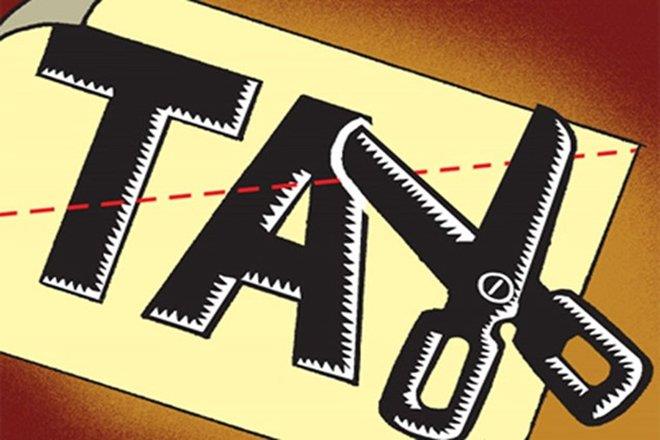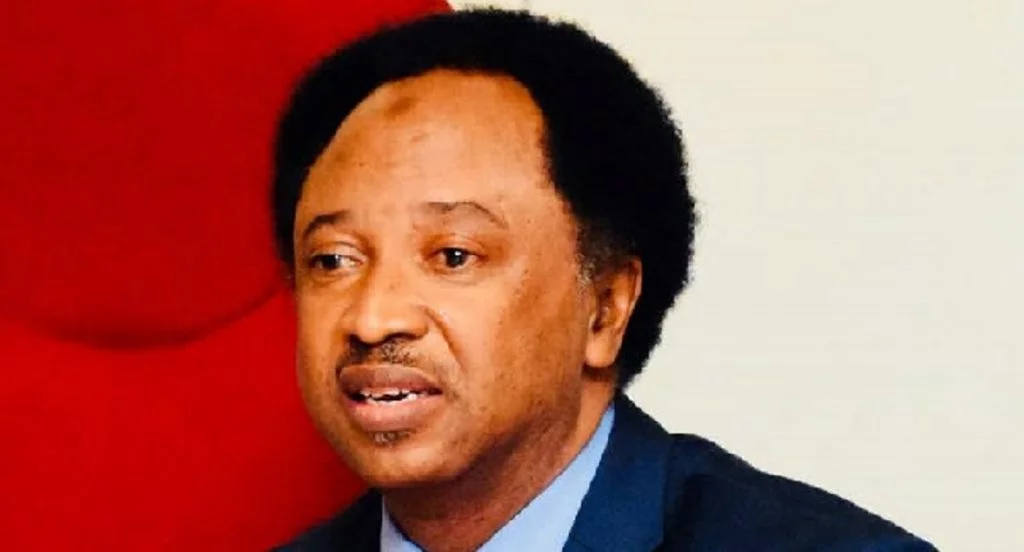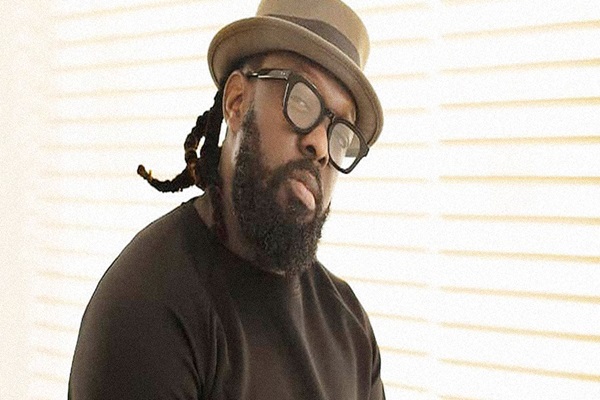News
Things To Know About Nigeria’s New Tax Laws

President Bola Tinubu on Thursday signed four new tax laws aimed at modernising and streamlining the country’s tax system.
In the new tax law, the Value Added Tax rate remains at 7.5 per cent despite initial proposals to increase to 12.5 per cent, but its scope is expanded.
Essential items—such as food, education, healthcare, public transport, residential rent, and exports—are zero-rated to ease inflationary pressure.
For revenue allocation is restructured: now 30 per cent of VAT proceeds are distributed based on consumption (rather than contribution), 50 per cent equally among states, and 20 per cent to population-based allocation.
With the latest development, it is expected that state revenue streams will increase, and it will also discourage tax evasion.
Overview of the four new laws
Nigeria Tax Act: Consolidates various tax rules into a single, simplified code, eliminating over 50 small, overlapping taxes. This reduces complexity and duplication, making it easier for businesses to comply.
READ ALSO:Nigerian Lawmakers Approve Tinubu Tax Reform Bills
Tax Administration Act: Establishes uniform rules for tax collection across federal, state, and local governments, ensuring consistency and reducing administrative conflicts.
Nigeria Revenue Service Act: Replaces the Federal Inland Revenue Service with the independent Nigeria Revenue Service, aiming for greater efficiency and autonomy in tax administration.
Joint Revenue Board Act: Enhances coordination between different government levels and introduces a Tax Ombudsman and Tax Appeal Tribunal to handle disputes fairly.
Key objectives of the new tax rules
Simplify Tax System: Reduces bureaucratic hurdles and overlapping taxes to make compliance easier, especially for small businesses and informal traders.
Increase Revenue Efficiency: Aims to boost Nigeria’s tax-to-GDP ratio from 10% (below the African average of 16–18%) to 18 per cent by 2026 without raising taxes on essential goods.
Reduce Financial Burden: Provides relief for low-income households and small businesses while ensuring high-income earners and luxury consumers contribute more.
READ ALSO:Senate Passes Two Tax Reform Bills
Fund Public Services: Increased revenue will support infrastructure, healthcare, and education, reducing reliance on borrowing.
Who benefits and how
Low-Income Households:
Individuals earning up to ₦1 million ($650) annually receive a ₦200,000 rent relief, reducing taxable income to ₦800,000, exempting them from income tax.
VAT exemptions on essential goods and services (food, healthcare, education, rent, power, baby products) lower living costs.
Small businesses:
Businesses with an annual turnover below ₦50 million ($32,400) are exempt from company income tax.
Simplified tax filing without requiring audited accounts reduces compliance costs.
Large businesses:
Corporate tax rates drop from 30 per cent to 27.5 per cent in 2025 and 25 per cent thereafter.
Tax credits for VAT paid on expenses and assets allow businesses to recover the 7.5 per cent VAT.
Charitable, educational, and religious organisations:
READ ALSO:FG Sues Binance For $81.5bn In Economic Losses, Back Taxes
Tax incentives for non-commercial earnings, encouraging community-focused activities.
Impact on different groups
Low-Income Earners: Benefit most from income tax exemptions and lower costs for essentials, increasing disposable income.
Small Businesses and informal traders: Simplified rules and tax exemptions encourage compliance and reduce financial strain, potentially formalising more businesses.
High-income earners and luxury consumers face higher VAT on luxury goods and premium services, plus capital gains tax on large share sales.
Government: Expects increased revenue for public services without overburdening vulnerable citizens.
Why reforms were needed
Nigeria’s tax system was outdated, inefficient, and disproportionately harsh on low-income groups.
The low tax-to-GDP ratio (10%) limited funding for critical services like healthcare and infrastructure.
Overlapping taxes and complex rules deterred compliance, especially among small businesses and informal traders.
Public and expert reactions
READ ALSO:JUST IN: Tax Reforms Here To Stay, Says Tinubu
Positive sentiment: Small business owners welcome tax exemptions but seek clarity on enforcement to avoid unexpected levies.
Low-income earners appreciate relief on essentials but remain cautious about implementation.
Taiwo Oyedele, head of the Presidential Fiscal Policy and Tax Reform Committee, claims 90% public support, emphasising that success depends on awareness and trust.
The reforms align with Tinubu’s administration’s goal to reduce economic inequality and boost fiscal capacity without overburdening citizens.
By encouraging voluntary compliance and reducing reliance on loans, Nigeria aims to strengthen its economy and fund development projects.
These reforms mark a significant step toward a fairer, more efficient tax system, with a focus on supporting vulnerable groups while fostering economic growth. However, their success hinges on transparent enforcement and public trust. For further details, you can refer to official statements from the Nigerian government or credible news sources covering the reforms.
(PUNCH)
News
Trump’s Airstrikes: Halt Military Cooperation With US Immediately – Sheikh Gumi Tells Tinubu Govt

Islamic cleric, Sheikh Ahmad Gumi has called on the Federal Government to immediately halt all military cooperation with the United States following reported US airstrikes.
Gumi warned that American involvement could worsen Nigeria’s security challenges and undermine national sovereignty.
Gumi made the call in a statement posted on his Facebook page on Friday.
He said while Islam permits the fight against terrorism, such actions should only be carried out by what he described as “clean hands,” arguing that the United States lacks the moral authority to lead such efforts because of its global military record.
READ ALSO:US Dept Of War Shares Video Of Air Strikes In Nigeria
According to the cleric, Nigeria made a mistake by allowing foreign powers to play a role in its counterterrorism operations, insisting that “terrorists do not truly fight terrorists” and that such interventions often result in civilian casualties and hidden political motives.
Gumi warned that allowing Nigeria to become a theatre of war would attract anti-US forces into the country, further destabilising it.
He also cautioned that US involvement, particularly under claims of protecting Christians, could polarise the country along religious lines.
READ ALSO:Trump To Attend FIFA World Cup Finals Draw On Friday
The cleric further argued that airstrikes alone cannot defeat terrorism, stressing that effective counterterrorism requires strong ground operations, which he said Nigeria has enough personnel to carry out if properly organised.
“This is the mistake Nigeria has made. Terrorists don’t fight terrorists in truth; they may only kill innocent people and have ulterior motives behind the drama of fighting ‘terror’.
“As a principle, no nation should allow its land to be a theater of war. And no nation should allow its neighbors to be their enemies.
“If Nigeria wants military assistance, China, Turkey, and Pakistan can do the job effectively,” part of his statement reads.
News
Shehu Sani Reacts To Trump’s Military Strikes In Nigeria

Former lawmaker, senator Shehu Sani, has reacted to reports of United States military strikes on terrorist targets in Nigeria’s North-West, saying foreign powers cannot permanently handle the country’s security challenges.
Sani made the remarks on Friday via his X handle while responding to a post by the United States Africa Command, AFRICOM, which indicated that the strikes were carried out in coordination with Nigerian authorities.
According to him, if the reported strikes were indeed a joint operation with Nigerian security agencies, then such action was justifiable, given the threat posed by terrorist groups in the region.
READ ALSO:US Dept Of War Shares Video Of Air Strikes In Nigeria
He described terrorists operating in parts of northern Nigeria as “cancerous cells,” stressing that they survive through violence and should be confronted decisively.
Sani also dismissed narratives suggesting that terrorist attacks target only one religious group, describing such claims as false and misleading.
He said: “If actually, the military strikes against the terrorists targets in the North Western part of Nigeria were a joint operation with the ‘Nigerian Authorities’ as posted by the US AFRICOM on their verified X handle, then it’s a conscionable action.
READ ALSO:JUST IN: US Forces Bomb Terrorists Camps In Nigeria
“Terrorists have become cancerous cells in our part of the country.They live by the sword.The narrative that the evil terrorists only targets one faith, remains absolutely false and misleading.
“Again, the ultimate security and peace in our country lies with ourselves and not with the US or any foreign power. They can complimentarily or unilaterally strike, but they can’t eternally fight our battles.”
News
UKWU! Timaya Falls On Stage While Trying To Lift Plus-sized Woman During Performance [VIDEO]

Nigerian singer, Timaya fell on stage while trying to lift a plus-sized lady during performance.
The incident occurred during his ‘Ukwu’ performance at the Gbaramatu Christmas Carnival in Delta State.
READ ALSO:Saboteurs Against Presidential Amnesty Reforms – General Ndiomu
Timaya in a now trending video on social media collapsed after the plus-sized woman jumped on him midday into his performance.
The singer later got up and continued his performance amid cheers from the crowd.
Watch video here
https://x.com/hypetribeng/status/2004263337572684157?s=20

 News4 days ago
News4 days agoPHOTOS: New Era In Furupagha-Ebijaw As Okpururu 1 Receives Staff Of Office

 News3 days ago
News3 days agoUBTH CMD Marks 120 Days In Office, Expresses Commitment To Providing Conducive Working Environment

 News4 days ago
News4 days agoOPINION: Gumi And His Terrorists

 News3 days ago
News3 days agoFIRS Confirms NIN As Tax ID

 News4 days ago
News4 days agoFG Declares Public Holidays For Christmas, New Year Celebrations

 News4 days ago
News4 days agoOPINION: Christmas And A Motherless Child

 Metro3 days ago
Metro3 days agoFintiri Pardons Man Sentenced To Death For ‘Killing Herdsman In Self-defence’, Others

 News3 days ago
News3 days agoOPINION: My Man Of The Season

 News2 days ago
News2 days agoJUST IN: Kano Lawmaker, Sarki Aliyu Daneji, Dies Hours After Colleague’s Passing

 News3 days ago
News3 days agoKWAM 1 Withdraws From Awujale Race, Ends Court Challenge


























